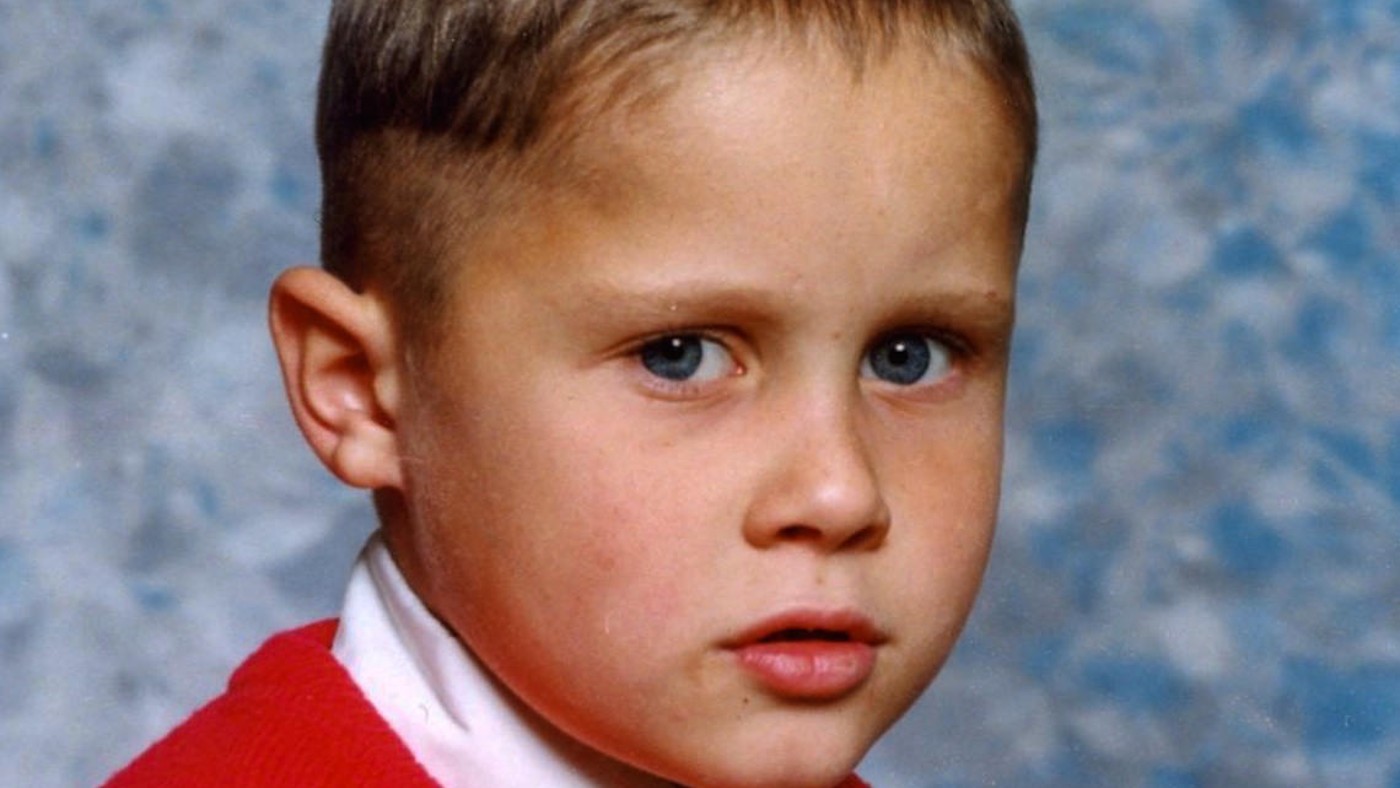What happened to Rikki Neave?
Accused tells Old Bailey jury about meeting the six-year-old boy on day of his murder in 1994

A free daily email with the biggest news stories of the day – and the best features from TheWeek.com
You are now subscribed
Your newsletter sign-up was successful
A man who is on trial for the murder of a six-year-old boy nearly 30 years ago has told an Old Bailey jury how his DNA came to be on the dead boy’s clothing.
James Watson, 40, is accused of murdering Rikki Neave in November 1994, when Watson himself was 13. Rikki’s naked body was found in woodland five minutes’ walk from his home in Peterborough. Watson’s DNA was allegedly found on Rikki’s clothes and he was charged with his murder in February 2020. He denies the charge.
Rikki’s mother Ruth Neave, who had reported Rikki missing the evening before his body was found, was initially charged with murdering her son, but she was acquitted in 1996. She was, however, found guilty of child cruelty and sentenced to seven years in prison.
The Week
Escape your echo chamber. Get the facts behind the news, plus analysis from multiple perspectives.

Sign up for The Week's Free Newsletters
From our morning news briefing to a weekly Good News Newsletter, get the best of The Week delivered directly to your inbox.
From our morning news briefing to a weekly Good News Newsletter, get the best of The Week delivered directly to your inbox.
Watson was interviewed during the original investigation into the murder but “did not mention” to police that he had physically “picked up” Rikki on the day he died, said The Guardian.
In his statement at the time, Watson said he had gone to the estate where Rikki lived and was watching construction workers “when Rikki approached him at 12.30pm”, ITV News reported.
“He said he spent four minutes with Rikki and only remembered years later that he had picked him up during the encounter,” the broadcaster continued. Watson said he picked up Rikki “to look at the workmen working beyond”.
‘Short life had been brutal’
At Ruth Neave’s trial in 1996, “it was revealed that Rikki’s short life had been brutal”, said The Times. “Jurors were given details of extensive abuse, including that Mrs Neave laughed as a friend dangled him from a bridge by his ankles and that she beat him and shook him and sent him out at night to buy amphetamines that she would inject.”
A free daily email with the biggest news stories of the day – and the best features from TheWeek.com
The murder inquiry was reopened almost 20 years later following a 2015 BBC Crimewatch appeal, which led to reports that Rikki had been seen with two teenage boys. At the time, Cambridgeshire Constabulary said it “strongly believed” the key to finding his killer lay with the public.
“To think that someone has took my brother away – part of my family – and is still walking around living a lie is unbelievable,” his sister told the BBC.
‘DNA breakthrough’
That same year, a “DNA breakthrough”, as The Guardian described it, revealed a match for Watson on Rikki’s clothing using techniques not available in the mid-1990s.
In particular, “scientific examination was taken of adhesive tapings applied in 1994 to the outer layer of Rikki’s clothing”, the paper said. This established that Watson had been in “close physical contact with the clothing Neave was wearing when he was murdered”.
Only when he was then interviewed by police in 2015 did Watson mention that he had interacted with the six-year-old on the day he died, the court heard.
The jury were also told that Watson was living in a care home at the time of Rikki’s death. This was because his father, a serving police officer, had been arrested and was subsequently jailed and he couldn’t live with his mother because of the person she was living with.
‘Grotesque interest in child murder’
Prosecutor John Price QC told the jury that Watson was “exhibiting a grotesque interest in the subject of child murder generally, including in things said to his own mother” at the time of Rikki’s murder.
Price said that “immediately after the killing, even amidst the widespread local interest, teachers of his noted in him a conspicuous preoccupation with the extensive reporting of the fate of Rikki Neave”.
The court also heard that Watson had an interest in animals and the manager of his care home told how a pheasant carcass had been found “dismembered” in his room, the BBC reported.
The care home manager said she also found “magazines that were related to children and toddlers, babies, in clothing – underwear mostly”.
Price also told the jury that the mother of a friend of Rikki’s had reported that her son, then aged five, had told her that he had been touched inappropriately by Watson. According to Price, she told a social worker and Watson was then interviewed but denied inappropriately touching the boy.
Rikki’s mother cross-examined
As part of the current trial, Watson’s defence barrister, Jennifer Dempster QC, cross-examined Ruth Neave via video-link about admitting to child cruelty in 1996.
Dempster suggested Rikki “bore the brunt of his mother’s cruelty”, said the BBC, and that Neave “allegedly held Rikki upside down on a bridge as he screamed”. The lawyer suggested that Neave would “grab Rikki around the neck and push him against a wall ‘as a punishment for being naughty’”. Neave denied the events happened.
The trial continues.